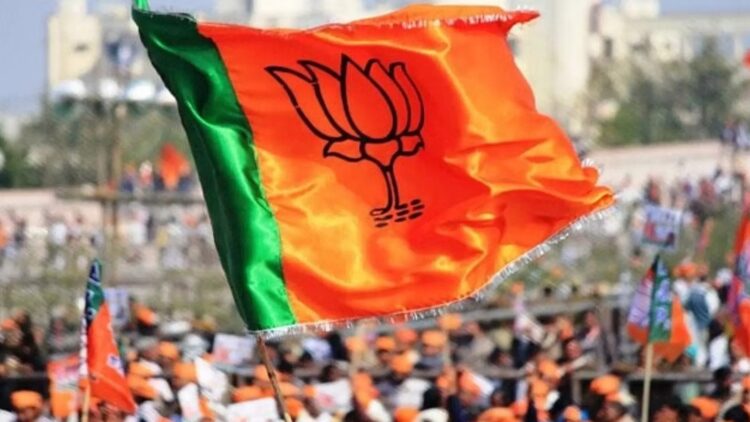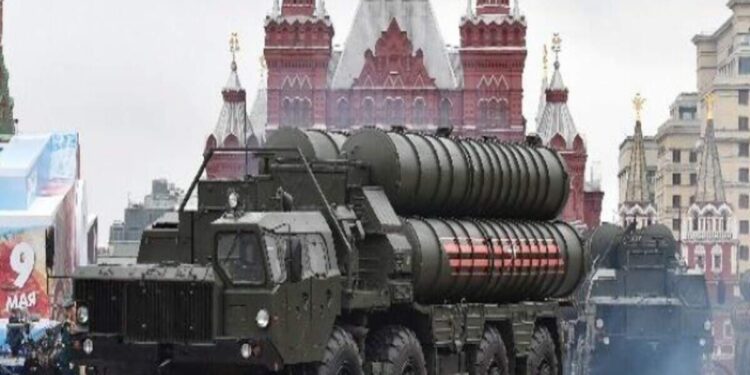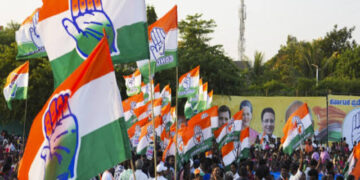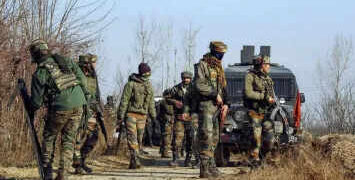BJP Appoints ‘State Election Officers’: The Bharatiya Janata Party (BJP) has taken a big step to speed up organizational elections and appointed ‘State Election Officer’ in Maharashtra, Uttarakhand and West Bengal on Friday. The party has entrusted important responsibility to senior central leaders to keep an eye on the organizational elections of these states.
These were appointed as state elections
BJP National Election Officer Laxman said in a statement that Union Minister Kiren Rijiju has been appointed as Maharashtra, Harsh Malhotra as Uttarakhand and former Union Minister Ravi Shankar Prasad as State Election Officer of West Bengal. These leaders will keep a serious watch on the entire process of election of the members of the National Council not only the election of the state presidents but also the members of the National Council.
J.P. An attempt in the path of election of Nadda’s successor
This big step of BJP is the current national president J.P. Nadda’s successor is believed to be a decisive attempt in the path of election. Nadda’s term was to end in January 2023, but it was extended keeping in mind the 2024 general elections. Now the party has soon started preparing to finalize the process of election of the new national president.
This process has been completed in 14 states
The BJP has a total of 37 organizational state units. According to the party constitution, the election of the national president is possible only when organizational elections have been completed in at least 19 states. So far this process has been completed in 14 states, while the election process is still pending in major states like Uttar Pradesh, Madhya Pradesh, Karnataka and Gujarat. However, in January, state election officials have been appointed for these states.
Future strategy
This entire exercise is a major step in the way of fighting the BJP’s organizational structure and a sharp to the future strategy. The membership campaign started in September last year was the first episode of this process, which has now reached the last phase of organizational elections.
According to party sources, several factors such as organizational strength in the selection of the new national president, performance in parliamentary elections and regional balance will be taken seriously. In such a situation, these appointments made by the top leadership of the party can also determine the path of future political equations.






